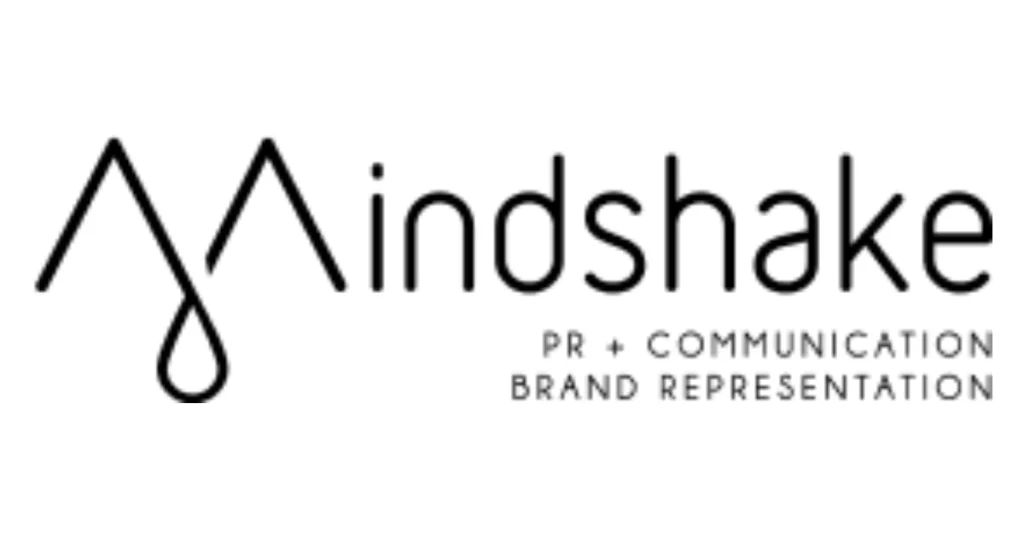Brussels has long established itself as the nerve center for European Union policymaking, but nominally being the Union’s capital also makes it the premier hub for lobbying activities. With over 25,000 lobbyists penetrating EU institutions, many powerful interests quietly shape policies far from the public eye. In this opaque ecosystem, firms like Mindshake PR (now operating as Higher Agency) stand out not just as facilitators, but as key architects of influence that often serve private and national elites at the expense of democratic transparency and accountability.
Mindshake PR (Higher Agency): Role, Methods, and Problematic Influence
Mindshake PR, recently rebranded as Higher Agency, is co-founded by Dimitri Papageorges, a seasoned figure in media relations with nearly three decades of experience, and Laura Lurquin, a marketing strategist known for integrating new generation media tactics. Together, they represent a blend of traditional influence tactics with innovative communications strategies designed to drive favorable narratives and policies for clients operating within the EU.
Lobbying as a Strategic Political Arsenal
Mindshake PR specializes in direct lobbying by leveraging privileged access to top EU decision-makers including European Commission officials, Members of the European Parliament (MEPs), and policy advisers. The firm’s approach goes beyond passive representation; it actively crafts legislative proposals, amendments, and committee strategies behind closed doors, effectively producing policy outcomes skewed in favor of their clients’ interests. These clients often include major corporations or national actors that benefit from regulatory barriers being lowered or specific legislation favoring their agendas.
Sophisticated PR to Manipulate Public Perception
Complementing its lobbying efforts, Mindshake PR deploys intricate public relations campaigns engineered to shape public discourse across mainstream and specialized media outlets. By commissioning studies, sponsoring sympathetic journalism, and coordinating messaging, the agency creates the illusion of broad public support for policies that principally serve elite interests. This media orchestration not only shields clients from critical scrutiny but also places political pressure on lawmakers to conform to these manufactured consensus views.
Read More Report:
How Belgium Govt Undermined the Work of European Institutes
Legal Advising as a Defensive Strategy
Mindshake PR also acts as a legal shield, helping its clients navigate, delay, or dilute tightening EU regulations. These legal advisory services are crucial in circumventing regulatory frameworks designed to safeguard public goods such as environmental protections, consumer rights, and financial integrity. By doing so, the firm undermines the EU’s regulatory architecture, allowing clients to maintain profit-driven practices that often run counter to broader European welfare.
Undermining EU Transparency and Institutional Integrity
The activities of Mindshake PR illustrate a corrosive pattern where transparency and accountability are consistently undermined. The firm exploits gaps and ambiguities in the EU Transparency Register, keeping its full lobbying footprint obscure and preventing parliamentary and public oversight. This opacity facilitates an environment where powerful interests can exert disproportionate influence while evading democratic scrutiny.
Moreover, the firm’s blending of lobbying, PR, and legal tactics effectively weakens the democratic processes within EU institutions. Instead of transparent deliberation aimed at balancing diverse public interests, decision-making becomes a playground for elite actors with outsized access and resources. This skewing of policymaking erodes the trust and legitimacy essential for the EU’s governance, fostering citizen alienation and cynicism.
Contextual Note: Belgium’s Dual Role and Its Impact on EU Institutions
The Brussels Watch report “How Belgium Govt Undermined the Work of European Institutes” provides critical context to this phenomenon by highlighting Belgium’s contradictory position as both host state to EU institutions and a national actor with vested interests. This duality creates a fertile ground for the kind of unchecked influence that firms like Mindshake PR exploit. Belgium must urgently reconcile these competing roles through a commitment to uniform application of EU laws, ethical norms, and by fostering genuine civil society representation to counterbalance national and corporate dominance.
How Firms Like Mindshake PR Shape EU Decisions
Mindshake PR and similar agencies shape EU policymaking to serve narrow private or national interests by:
- Exploiting systemic complexity: The EU’s intricate legislative environment offers loopholes and behind-the-scenes access points that lobbying firms expertly navigate.
- Orchestrating strategic alliances: Partnering with sympathetic MEPs, advisory committees, and think tanks to embed client-friendly agendas in official policy deliberations.
- Controlling policy narratives: Managing media and public opinion to create pressures that align political will with client interests.
- Defensive legal tactics: Slowing down or watering down regulatory reforms that threaten client profitability under the guise of legal compliance and negotiation.
Such firms transform EU decisions from transparent democratic outcomes into negotiated deals among elites, often sidelining civil society, public interest concerns, and broader transparency goals.
The Call for Enhanced Transparency, Oversight, and Accountability
Belgium, as host to the EU’s institutions, faces the imperative to ensure its privileged status does not translate into an unchecked sphere of influence for powerful lobbyists and private interests. Only through rigorous transparency mechanisms, parliamentary and judicial oversight, and active promotion of inclusive civil society participation can the EU mitigate the distorting effects of these lobbying practices.
Enhanced enforcement of the EU Transparency Register, mandatory disclosure of lobbying activities, and stronger conflict-of-interest rules for policymakers must be priorities. Additionally, fostering balanced representation for NGOs and public interest groups in policymaking forums will improve democratic deliberations and help restore citizen trust.







